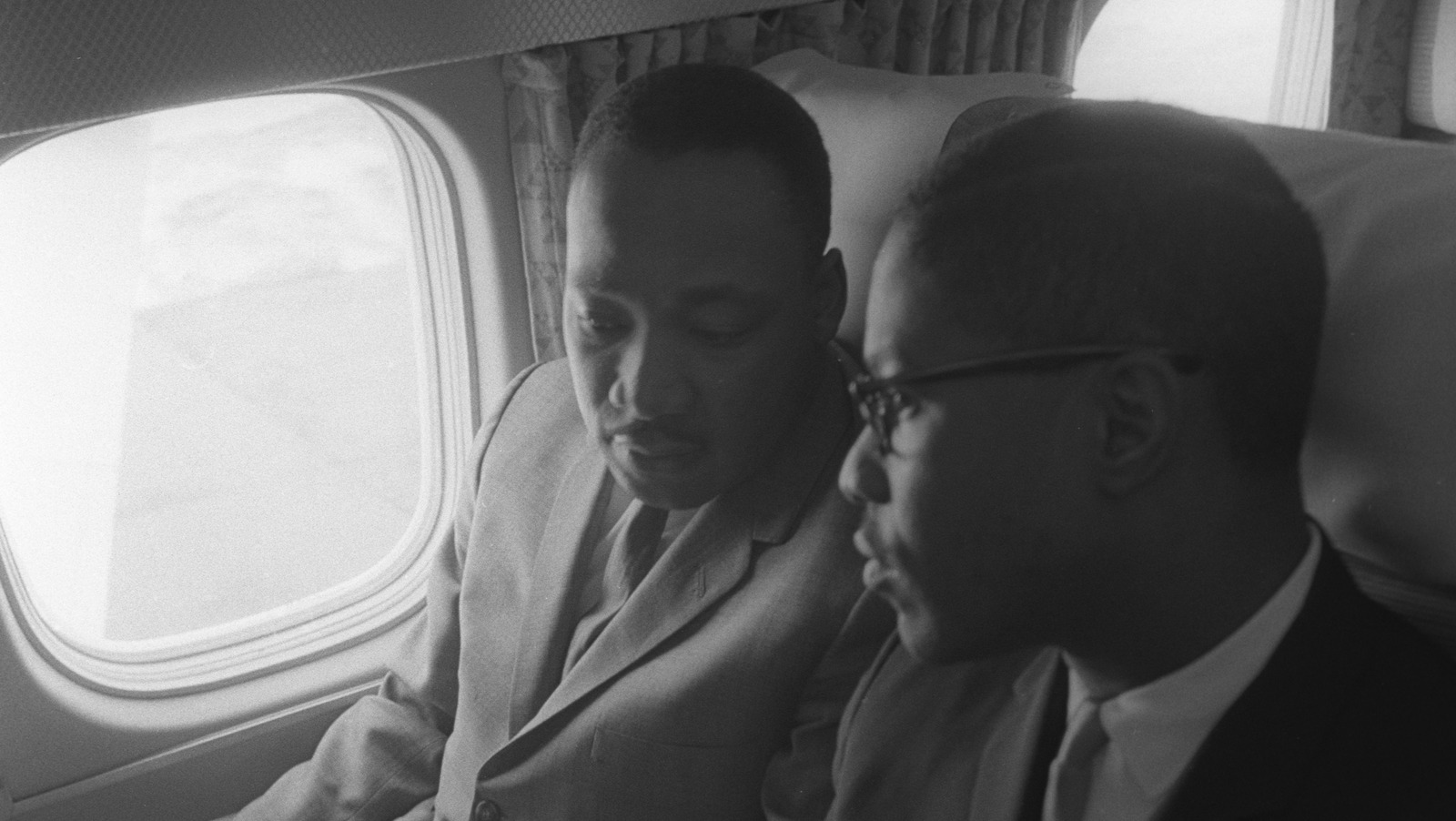
By the mid-1960s, Bayard Rustin and Martin Luther King’s philosophical differences created a wedge between them. According to Jerald Podair’s biography “Bayard Rustin: American Dreamer,” despite his pacifism, Rustin was far less concerned about the war in Vietnam than King was. Instead, Rustin wished to focus solely on eradicating poverty and warned King not to speak against the war, an order King ignored. Rustin also believed that King was in danger of alienating the Democrats with his protests, some of which challenged the party too directly — something Rustin felt they could not afford to do.
Read Related Also: Richard Corcoran Will Be Paid $1.3 Million to Remake New College in DeSantis’s Image
Ultimately the idealist King and the more pragmatic Rustin grew apart in the years leading up to King’s death. They did however still interact — it was Rustin among others who urged King to go to Memphis, where he was shot and killed, in order to support striking African-American sanitation workers. In the immediate aftermath of his death, Rustin continued some of King’s work, taking up King’s Poor People’s Campaign.









